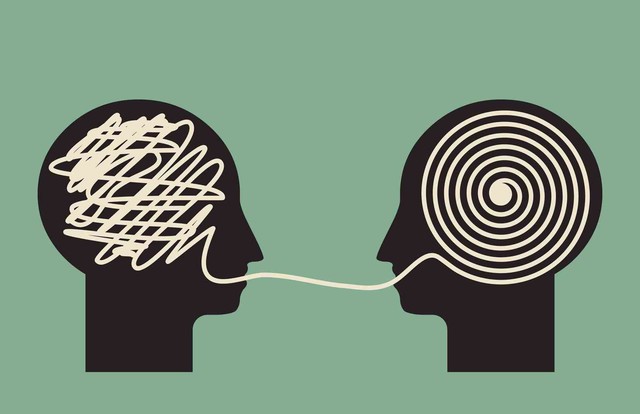Logic and Moral Reasoning
Baruch College, PHI1600
There is an important, distinctive sense in which some claims are consequences of others. For instance, from the fact that there are a lot of people in the room we can deduce that there is at least someone in the room. But we cannot yet deduce that there is someone wearing jeans in the room—though this is likely, it isn’t necessarily a consequence of there being a lot of people in the room (perhaps they are all wearing skirts, or slacks, or sweatpants, or cardboard boxes on their legs, or animal pelts, or printed out pictures of David Bowie scotch-taped to their knees or nothing at all). This notion of consequence, logical consequence, lies at the foundation of good reasoning. One might say it is central to studying what rationality is. In this course, we will use the methods of rationality on rationality itself, by studying the basics of logic. The notion of consequence—what follows from what—will be central to our investigation.
Logic provides us with the resources to describe arguments and inferences with mathematical precision. It gives us clear and explicit methods for characterizing whether and when conclusions of arguments are consequences of premises. Mastery of these skills is the foundation for effective and persuasive reasoning. Those that study logic tend to do better on a host of tasks, including the LSAT, the GREs, the GMATs, overall GPA, computer programming, etc. Perhaps more importantly, mastering logical skills will allow one to spot bad arguments, a skill that is needed in all aspects of everyday life.
Source: insideIIM.com
Course Textbook:
- Published
- This text has 251 annotations
- This text has 2133 highlights
Course Videos and Practice Resources:
Here, you'll find video that cover the textbook content, as well as supplementary resources and practice problems.
Resource Collections
An introduction to the course
CollectionUnit 1 Video Lectures
CollectionUnit 2 Video Lectures
CollectionUnit 3 Video Lectures
CollectionCourse Video Content by Chapter
CollectionNatural Deduction Rules Videos
CollectionPractice Problems: Truth Tables
CollectionPractice: Natural Deduction
CollectionMidterm Review
CollectionFinal Review
Collection
Single Resources
Metadata
- publisher placeNew York City


